Keywords: Trickle-Down Economics
-
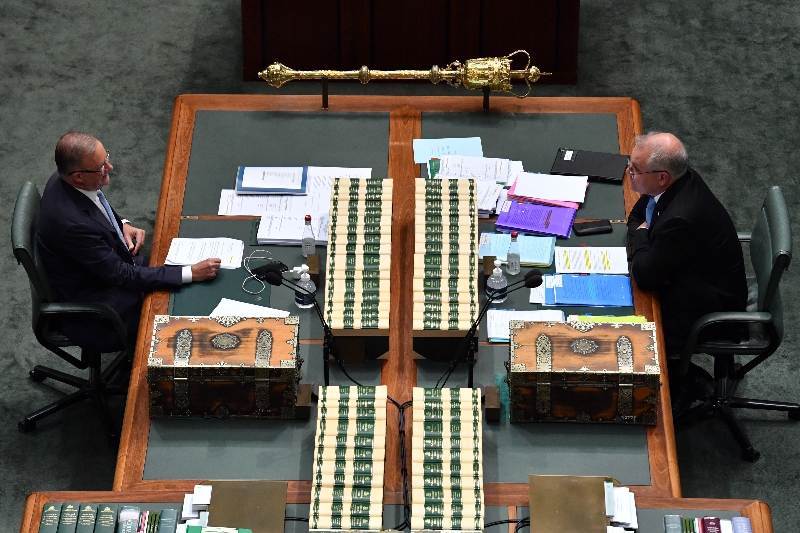
ECONOMICS
- Chris Smith
- 31 August 2021
11 Comments
In July, Anthony Albanese announced a significant change of stance on Labor tax policy which was disappointing, if not surprising. An elected Labor government, Albanese promised, would keep the coming high income tax cuts he previously opposed. This decision to not oppose the government proposal to restructure the income tax system through reduced marginal rates is supporting a government policy that will lead to a significant redistribution of wealth towards high income earners.
READ MORE 
-

ECONOMICS
Our economy is 1.1 per cent larger than a year ago. Yet, as the situation in Victoria reminded us, none of us are safe unless all of us are safe. And we cannot be safe while work remains increasingly insecure, while social security payments are inadequate and while our public infrastructure is found wanting.
READ MORE 
-

CARTOON
- Fiona Katauskas
- 06 October 2020
READ MORE 
-
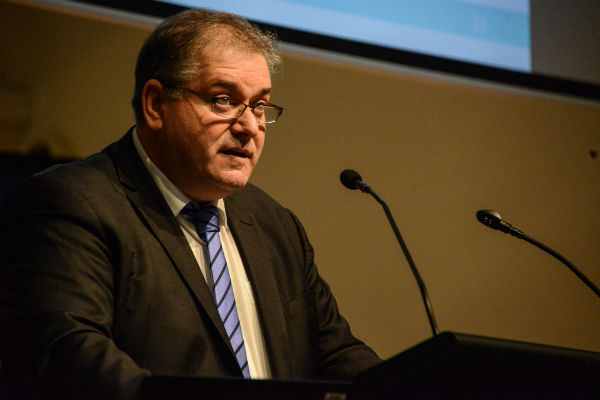
ECONOMICS
- Joe Zabar
- 27 February 2018
'Francis' statement is not one merely for theological or academic contemplation. It is in effect Francis' call to establish a new benchmark for our economy, one where exclusion and inequality are no longer a natural and accepted consequence of its operation.' Director of Economic Policy for Catholic Social Services Australia addresses the CSSA annual conference in Melbourne, February 2018.
READ MORE
-
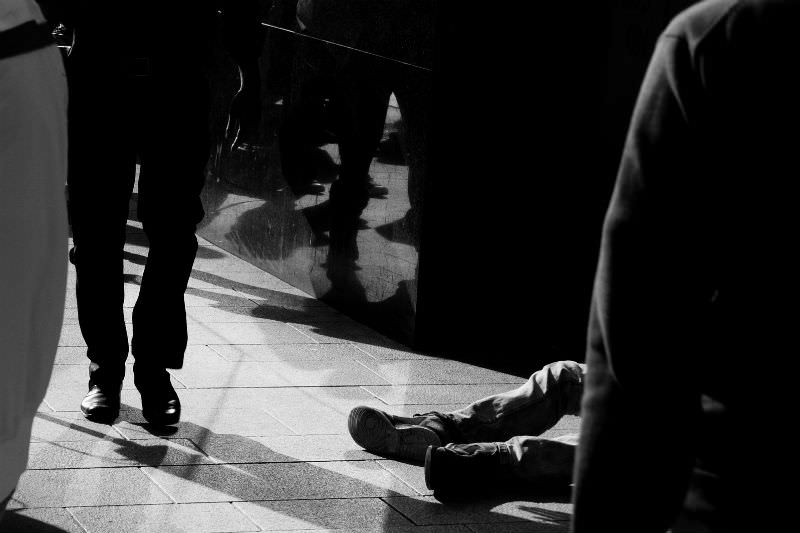
ECONOMICS
- Joe Zabar
- 27 February 2018
4 Comments
How is it we allow investors to leave units vacant in the Docklands while young people struggle to access housing in Melbourne? We have given legislators a free pass when it comes to economic policies that discriminate against those without means. This creates systemic inequality, and it needs to be addressed urgently.
READ MORE 
-
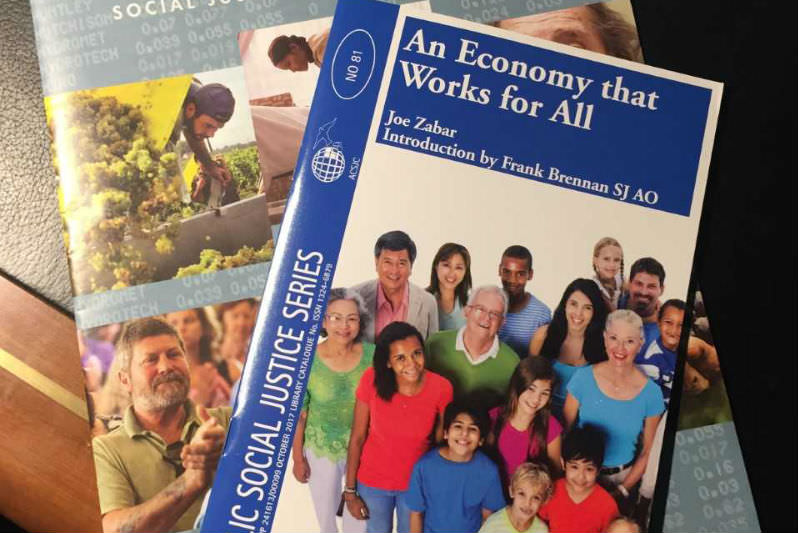
ECONOMICS
- Frank Brennan
- 18 October 2017
10 Comments
The promise of riches from the trickle-down effect is at best patchy for many Australians, and non-existent for others. Continuing with the same economic and social policy settings will exacerbate the already growing divide between the rich and the poor and eventually damage the economy to such an extent that it has a detrimental effect on everyone.
READ MORE 
-
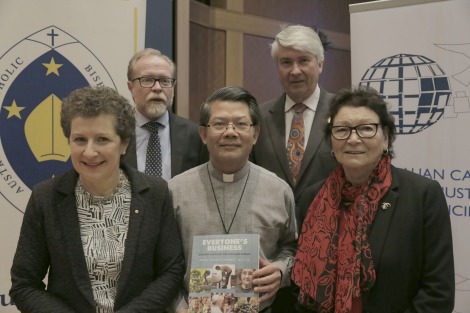
RELIGION
- Frank Brennan
- 11 September 2017
2 Comments
The real call of Everyone's Business is to move beyond them and us to admitting that there is only us. If we are truly to build an inclusive and sustainable economy, it can't be just those in full time paid employment who are part of that economy. We take seriously the principles of neo-liberalism, letting the market decide. But we set limits on the market for the common good.
READ MORE
-
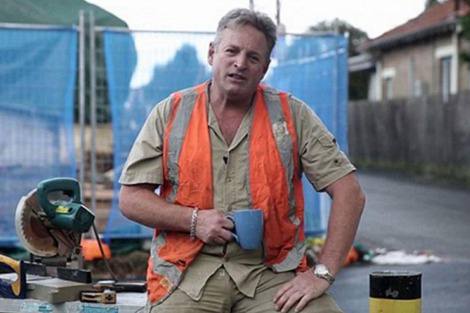
AUSTRALIA
- Brendan Byrne
- 27 June 2016
15 Comments
Whether or not the person in the now notorious 'fake tradie' ad is or isn't a 'real' tradie is irrelevant. What is relevant is that it is a primary example of the co-option of the language of class struggle and economic justice that has so thoroughly poisoned economic debate in the industrialised West. Implicit within it is a patronising view of the working class that dismisses them as gullible dupes who can be made to entrench the privilege of the few in return for the paltry crumbs of consumer hedonism.
READ MORE 
-
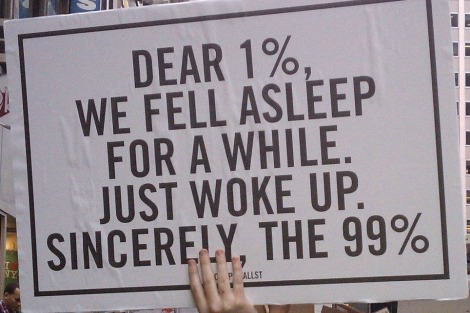
AUSTRALIA
- Fatima Measham
- 18 April 2016
10 Comments
People are sensitised to government-enabled corporate excess and doubt elected officials are capable and willing to serve their interests. The lesson from the 2014 federal budget is that there are non-negotiables around the function of government: to provide the conditions that ensure the flourishing of all citizens. Yet in terms of future-proofing living standards, the Coalition has so far presided over an ideas bust rather than boom, unless boom is the sound of something spontaneously combusting.
READ MORE 
-

AUSTRALIA
- John Falzon
- 16 January 2014
1 Comment
Kevin Rudd says we need a 'new politics' or a 'new way'. Tony Abbott says we'll only get a new way by electing a new government. What is missing in both statements is the recognition that what we actually need is a new kind of economic democracy: a reconfiguration of our economic prioritising away from individualism towards the common good, and towards the participation of all rather than the exclusion of many.
READ MORE 
-

AUSTRALIA
- John Falzon
- 17 December 2013
13 Comments
Recently Pope Francis blasted the so-called trickle-down economic theories in his apostolic exhortation Evangelii Gaudium. Some will scorn his message as naive at best and dangerous at worst, while others will regard it as an urgent enkindling of hope in the face of degradation and despair. The Christmas story hints that another kind of world is possible.
READ MORE
-

AUSTRALIA
- John Falzon
- 19 August 2013
24 Comments
Kevin Rudd says we need a 'new politics' or a 'new way'. Tony Abbott says we'll only get a new way by electing a new government. What is missing in both statements is the recognition that what we actually need is a new kind of economic democracy: a reconfiguration of our economic prioritising away from individualism towards the common good, and towards the participation of all rather than the exclusion of many.
READ MORE 